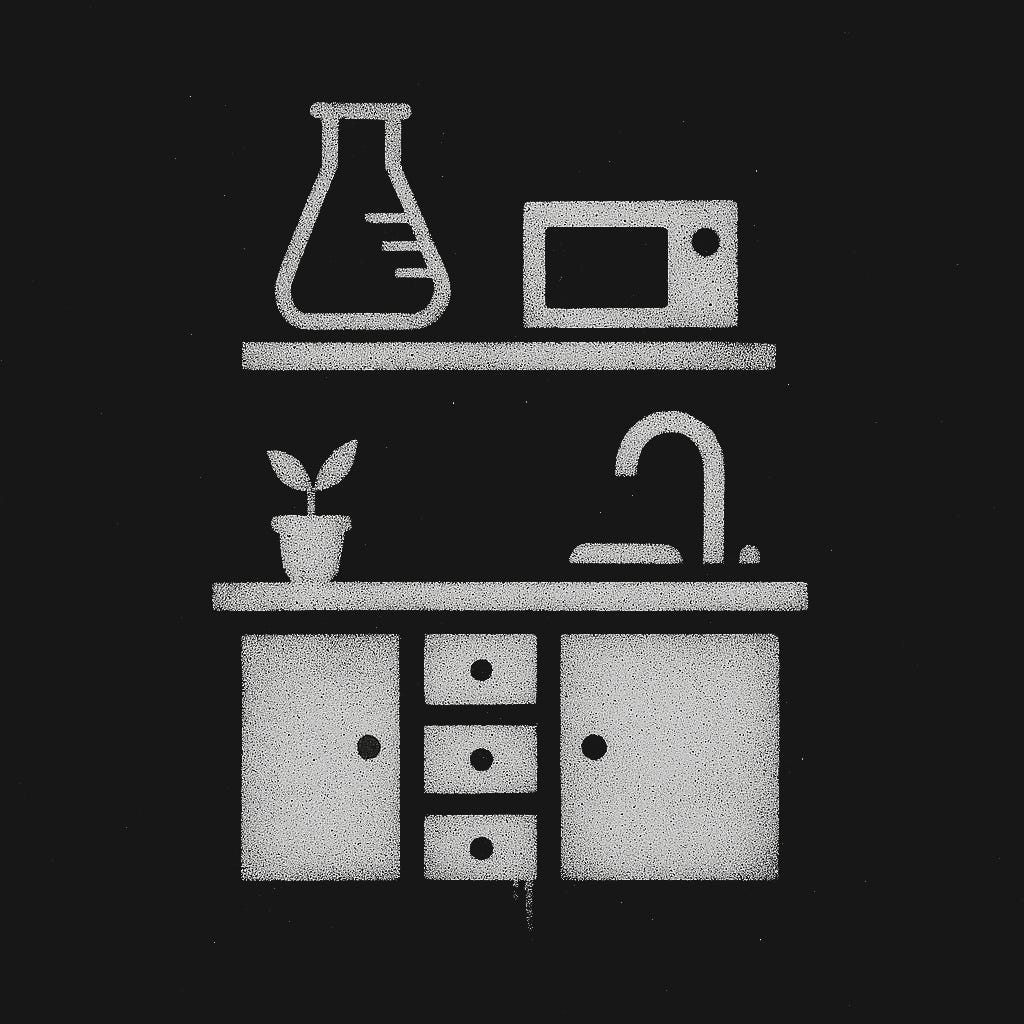Let Them Cook
Sometimes great science happens because the right person winds up with enough money and time to live and work without interference.
Sometimes great science happens because the right person winds up with enough money and time to live and work without interference. Plenty of scientists claim that these conditions would be better for them than their current roles in academia and industry, but having both money and time today either requires independent wealth or already being famous enough to get a cushy post. Also, if you offered funding and independence to scientists, many would take the offer without producing more or better output and some would refuse it even though they’d be likely to produce a breakthrough if they accepted.
We need more mechanisms to identify and fund scientists who would most benefit from being left to cook regardless of their career stage or field. Identification is the root problem because letting someone cook means spotting them, funding them, and getting out of the way. This is a tough problem! Moreover, to our knowledge no one has ever undertaken a systematic study of how to identify the scientists who are most likely to produce great work if and only if freed of worldly concerns. Fred Sanger cited the guaranteed funding unlocked by his 1958 Nobel Prize (awarded at age 40) as a key enabler of the long pursuit of DNA sequencing that eventually led to his second Nobel in 1980. But Nobel Prizes are a terrible signal for early career potential! However, the institution where he did that work, the UK’s Medical Research Council Laboratory of Molecular Biology, seems to be empirically good at identifying researchers who will thrive in an unconstrained environment. Unfortunately, LMB leadership’s process for doing that identification boils down to knowing talent when they see it. Explaining their good taste might be a major advance.
Beyond extrapolating from a few exceptional institutions, It’s hard to know where to start the project of understanding who would benefit most from being left to cook. However, we might be living through a useful natural experiment. PhDs tend to marry other PhDs1 and because of the AI boom a cohort of PhDs are becoming very wealthy. If they direct some of this wealth toward their spouses’ (and perhaps siblings’) scientific work, this could give those individuals money and time without interference. We could even imagine a prospective metascientific study tracking to see if this influx of cash leads to great discoveries (and under what circumstances). There’s some modern precedent for this effect: for a few years Donna Zuckerberg (younger sister of Mark) was doing some interesting stuff in classics from a perch outside academia.
The technical term is educational homogamy and in the US and Western Europe it’s very strong


